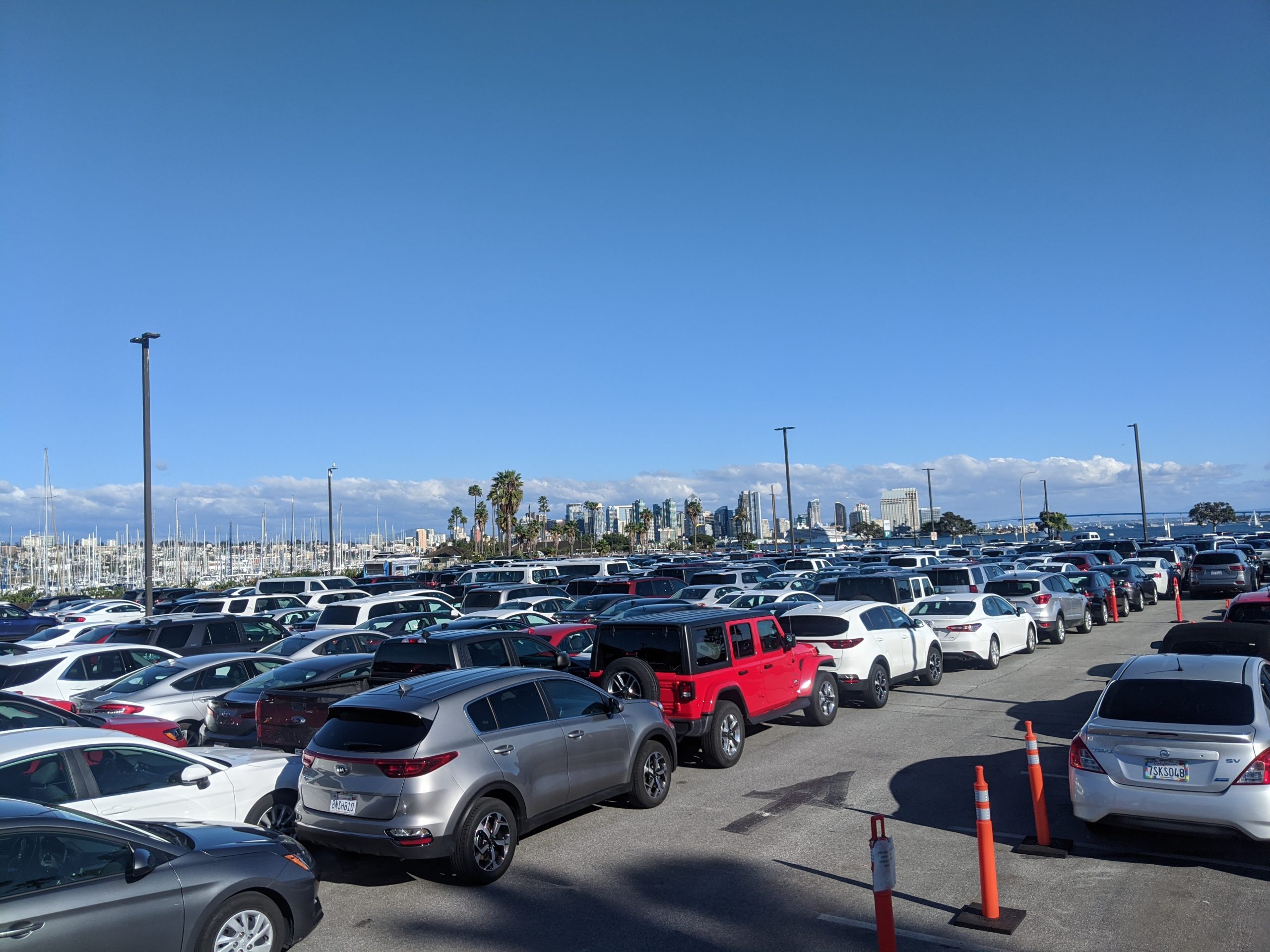
From the ACRA Newsletter Editor:
Carlos A. Bazan
Carlos has ample experience operating peer to peer and traditional, independent car rental companies, including neighborhood locations and airport facilities. Carlos has owned car rental operations in the San Diego, Los Angeles, Phoenix, Las Vegas, Reno/Tahoe, San Jose, Dallas, Houston, and Honolulu markets and is in charge now of over 100 franchised locations in 14 countries.
Fleet utilization generally has a strong impact on the average revenue per unit, and thus, on a car rental operator’s profit and loss. Idle vehicles – those sitting in the lot without being rented – can drain a rental operator’s resources since there are many costs associated with these idle cars. Understanding these costs can help operators make better business decisions, optimize fleet management, and ultimately increase their profitability.
Idle vehicle costs are those expenses incurred when the rental vehicle is parked somewhere – whether it is at the operator’s facilities, repair shops, impounds, auction yards, or anywhere else but in the renter’s possession. Idle costs usually include:
- Depreciation: Even when a vehicle is not being rented, it continues to depreciate in value. Depreciation is a lead factor in determining your fleet strategy. Depreciation of the fleet without being able to rent the cars generally will have a negative impact on P&L.
- Financing Costs: Financing payments are fixed costs that occur whether the vehicle is rented or idle. When a vehicle is not being rented, the company is still responsible for these payments.
- Insurance: Rental vehicles must be covered whether they are rented or sitting idle. Liability, collision, comprehensive, and other insurance coverages continue to accrue costs, regardless of vehicle utilization.
- Maintenance and Repairs: While idle vehicles may require less maintenance, they are still subject to regular servicing, particularly for preventative maintenance and regulatory inspections. Furthermore, vehicles that sit idle for extended periods can develop problems such as battery failure, tire flat-spotting, or even rust. This affects the proportional part of per-vehicle operating expenses.
- Parking and Storage: Keeping a large fleet requires space. Whether a company owns or leases its parking facilities, there is an ongoing cost associated with storing idle vehicles. For operators with limited space, idle vehicles may also prevent the acquisition of newer or in-demand vehicles.
Idle vehicles significantly affect the bottom line of a car rental business. The concern lies in the following: Increased overhead without revenue, poor fleet utilization, missed revenue opportunities, price sensitivity and discounts, reduced return on investment, smaller profit margins, impacted cash-flow, and less likeliness of additional funding lines.

Large Rent-a-Car idle storage – San Diego, CA. Photo: CA Bazan, LLP. CC BY-NC-SA.
Mitigating idle vehicle costs is a proactive, active, and reactive exercise. Some of the ways to prevent idle vehicles and reduce their cost include:
- Fleet Size Optimization: Utilizing historical data and predictive analytics can help operators determine the optimal fleet size and potentially reduce the number of idle vehicles.
- Vehicle Relocation: In multi-location car rental companies, relocating vehicles to higher-demand areas can help reduce idle time.
- Seasonal Fleet Adjustments: Some operators choose to adjust their fleet size seasonally. During slower months, reducing the number of vehicles available can cut storage and insurance costs. During peak seasons, temporarily expanding the fleet can ensure that the company has enough vehicles to meet demand without leaving customers disappointed. Specialty vehicles, such as all-terrain vehicles, minivans, and convertibles, might have a different seasonality than daily drivers.
Until next time, here’s to smarter, safer, and more efficient car rentals!
Warm regards, and understand your finances every dayl!
Carlos Bazan / Editor
